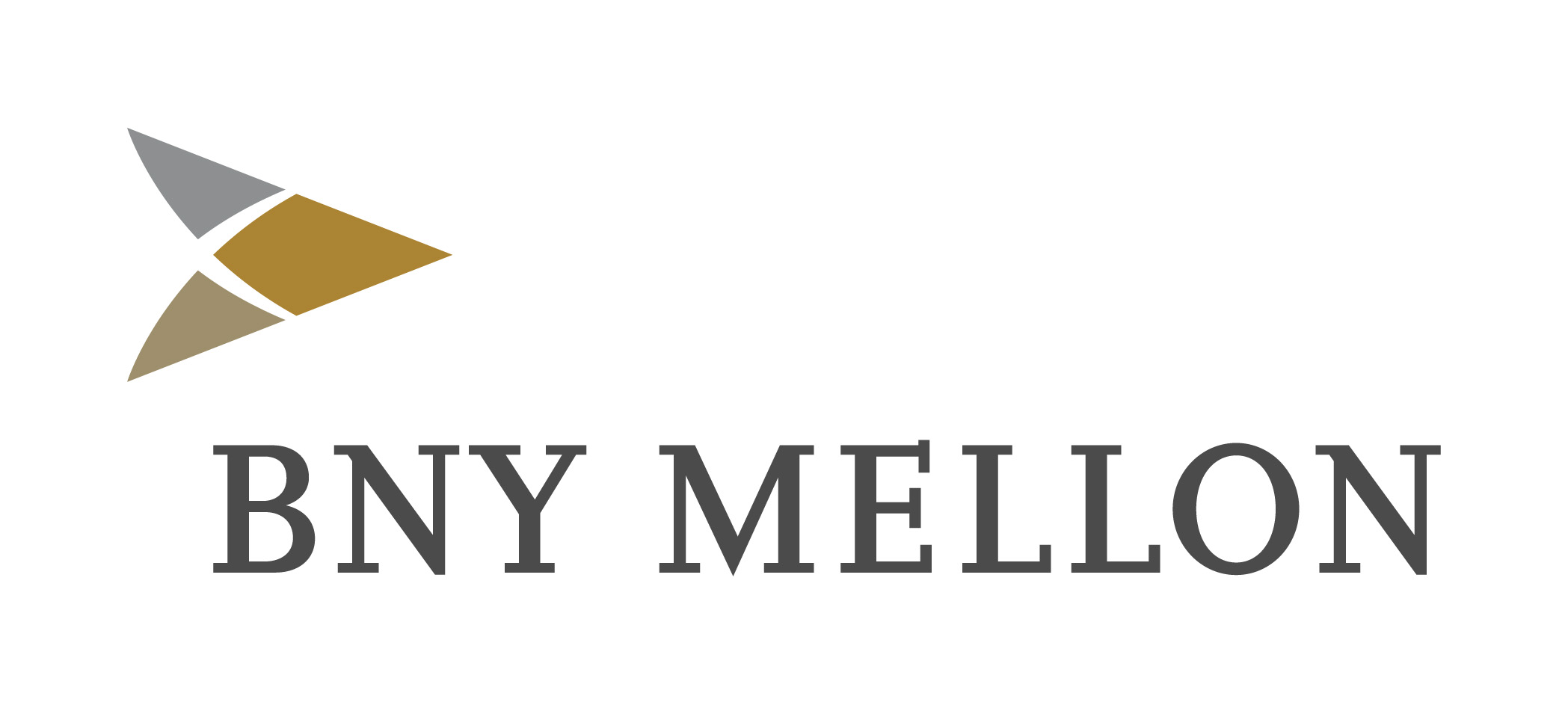Financial Services Sector Views on Sustainable Development: Insights from Financing for Development
Reporting from the United Nations’ Third International Conference on Financing for Development, John Buckley, BNY Mellon’s global head of CSR, discusses the opportunity for public-private sector cooperation to mobilize new resources for sustainable development.
After the third day at the United Nations’ Third International Conference on Financing for Development (FfD) in Addis Ababa, Ethiopia, I feel confident saying this gathering represents a significant advancement in public-private sector cooperation. The challenges facing society – climate change, population growth alongside shrinking resources, water scarcity – are daunting. But as my fellow panelists shared at a side event that BNY Mellon co-hosted with the UN Foundation and the Republic of Mauritius, “Investing in Sustainable Development: A View from the Financial Services Sector,” there’s tremendous potential to mobilize new resources for sustainable development.
My fellow panelists – Gwen Abiola-Oloke, CEO of Direct Investment Africa, Tom Steyer, founder and president of NextGen Climate, Geetha Tharmaratnam, director and global ESG advisor at Abraaj Group, and Tara Nathan, executive director for public private partnerships at Mastercard – and I explored what it will take for the financial services sector to be meaningfully involved in financing sustainable development and where it is already having an impact. In his keynote remarks, Dr. Sen Narrainen, senior economic advisor at the Ministry of Finance and Economic Development for the Republic of Mauritius, discussed Mauritius’ focus on reforms to attract investments, the importance of the rule of law and the economic success they’ve seen as a result.
As moderator Ambassador Elizabeth Cousens, deputy CEO of the UN Foundation, summarized, mobilizing the financial services sector will require that the enabling environment is in place, products are available, measurement frameworks are established, bridges and connectors are built and there’s a commitment to collaboration. The panel was in agreement that collaboration will work best once there’s a clear understanding of the interest and objectives of a diverse set of stakeholders, including the financial services industry.
From BNY Mellon’s perspective, we’re committed to advancing social finance. As I mentioned in my last post, we see financing gaps related to sustainable development, including the proposed UN Sustainable Development Goals. Imagine the possibilities if increasing portions of mainstream investors’ capital – of the trillions of dollars that move through financial markets everyday – could be leveraged to fill that financing gap.
Directing capital towards positive social and environmental outcomes does not mean that mainstream investors’ financial goals take a back seat. Global trends are reshaping the investment landscape, and social finance represents an enormous untapped opportunity for investors. To give you an example, according to Ernst & Young’s 2013 Africa Attractiveness Survey, between today and 2030, Africa will account for more than 40 percent of global population growth. As populations shift, so do global markets and consumption. By 2020, revenue in Africa is expected to reach US$2.6 trillion, more than half of which will be in consumer industries alone. The growth of the middle class is a driver of economic growth. Investing in these markets today can create long-term value for investors.
The current environment is not yet ripe for social finance to achieve its full potential. As The Honorable Nhlanhla Nene, Minister of Finance for the Republic of South Africa, highlighted in his keynote remarks, Africa has tremendous infrastructure needs and there’s a significant financing gap. He noted that the market will participate if risk can be quantified and priced.
BNY Mellon’s joint research with BSR has identified five conditions that are necessary for mainstream investors to bring social finance to scale: accessibility, measurement, transparency, systemic change and collaboration. We are committed to leading the way in overcoming current challenges, towards a future where more investment is deployed in a manner that meets financial expectations, while furthering global development.
Investors and society can both benefit – and that is game changing.
To learn more about BNY Mellon’s social finance perspective and solutions, explore our website: www.bnymellon.com/socialfinance.

